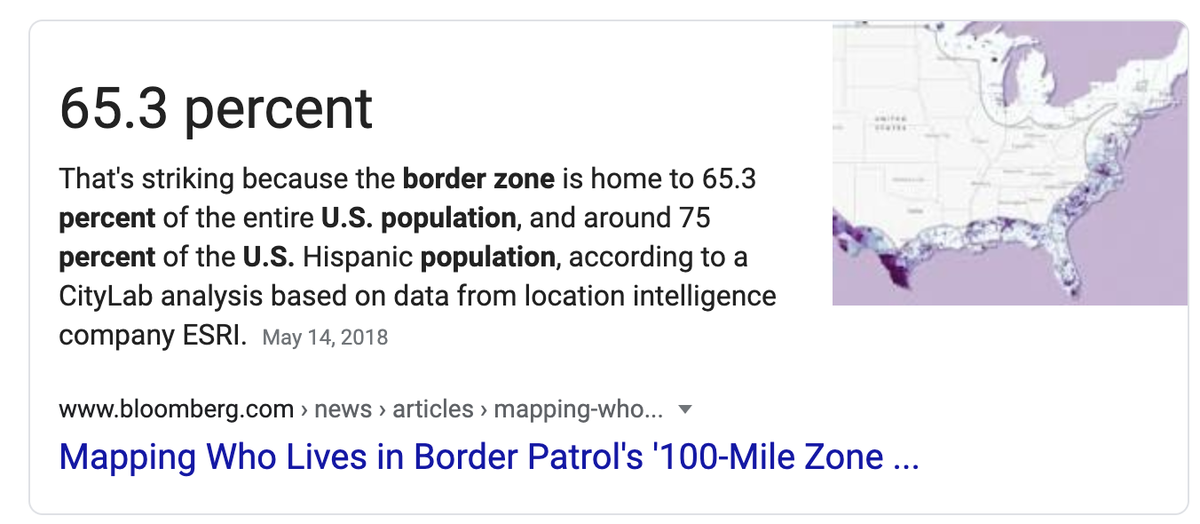
Story time with Uncle Paul.
Moderation at scale is hard.
I attended a deeply conservative, fundamentalist Christian university. They had a first class library on campus, but the periodical librarian had a particular problem. 1/
Moderation at scale is hard.
I attended a deeply conservative, fundamentalist Christian university. They had a first class library on campus, but the periodical librarian had a particular problem. 1/
The university had very strict dress codes involving the acceptable length of dresses, when to wear ties and suit coats, and so on. The general goal was to minimize the amount of bare skin being showed or even allowing one to detect too much of the mere *shape* of the body. 2/
There were a lot of problematic cultural, gendered, and theological assumptions that were baked into the simultaneously underexamined and overhyped concept of "decency," but that's not the point of our story today. 3/
Our story involves the poor periodical librarian trying to apply that dress code to the hundreds of periodicals on the display shelves at the library. 4/
As you can imagine, the covers of these magazines often had folks in various states of undress. Hey, it's not nicknamed "National Pornographic" for no reason! 5/
The librarian could have just ripped all the covers off, but then how will you know what's inside? And it would look...odd. Think of rows and rows of naked periodicals, stripped if you will. A bit ironic if you think about it.
So that's not going to work. 6/
So that's not going to work. 6/
And a mere privacy shield--which public libraries sometimes use for more risque covers, FOR THE CHILLUNS!--wouldn't work because, horror of horrors, students might still try and sneak a peek at Madonna's exposed shoulders. 7/
So what the librarian opted for involved a black sharpie. They would painstakingly draw little articles of clothing on the people on the cover.
It was as if all your favorite celebrities got an Amish makeover, little black dresses suddenly being in vogue, err, in Vogue. 8/
It was as if all your favorite celebrities got an Amish makeover, little black dresses suddenly being in vogue, err, in Vogue. 8/
This, however, was very much painstaking, requiring, dare I say, a level of artistry. It's harder to draw such things in a realistic manner than you might think. And the sheer volume of periodicals coming in each week meant that it was a constant, thankless task. 9/
Which meant that the librarian usually handed the chore off to some student assistant or intern type. They got the Magic Marker of Decent Power! Don't let it go to your head, kid. 10/
But think of the incentives for said lowly assistant. They were really only going to get in trouble if they *under* covered the hot bods involved. Nobody ever got a reprimand for being a little overzealous. 11/
Which led to a funny habit that those of us who regularly studied in the cubicles in the periodical room noticed. Sometimes a thing looks dirtier *when* it is covered. It's the visual version one of those @jimmykimmel "Unnecessary Censorship" skits. 12/
You don't know, after all, whether the sharpied shirt is covering full nudity or a crop top, a bikini or a shoulderless blouse.
It is, of course, hilarious to assume the worst when you're a sheltered fundamentalist teenager. 13/
It is, of course, hilarious to assume the worst when you're a sheltered fundamentalist teenager. 13/
So yeah, it *could* be that mid-90s Hillary Clinton just had too low a 'v' in her v-neck shirt, ooooorrrrrrr maybe she was pitching her healthcare plan to Congress completely topless. WE'LL NEVER KNOW!!! 14/
All of this to say, content moderation is hard at scale. Doing it for a few hundred periodicals meant some poor schlub with a sharpie.
Now imagine doing it for each of the 350 MILLION photos uploaded to Facebook per day. The only sharpie big enough is algorithmic. 15/
Now imagine doing it for each of the 350 MILLION photos uploaded to Facebook per day. The only sharpie big enough is algorithmic. 15/
And that algorithm, like that library intern, is going to make mistakes, sometimes funny ones.
But think of this as well. The effort at censorship can actually backfire, just as the sharpie endowed Hillary had the opposite of the intended effect. 16/
But think of this as well. The effort at censorship can actually backfire, just as the sharpie endowed Hillary had the opposite of the intended effect. 16/
Today, when Twitter or Facebook etc censors a post, it can paradoxically make that post *more* rather than less noticeable, exaggerating its impact.
Call it the Streisand Effect like @mmasnick, or call it the Fundamentalist Sharpie; either way, it's hard to forget. 17/
Call it the Streisand Effect like @mmasnick, or call it the Fundamentalist Sharpie; either way, it's hard to forget. 17/
• • •
Missing some Tweet in this thread? You can try to
force a refresh




